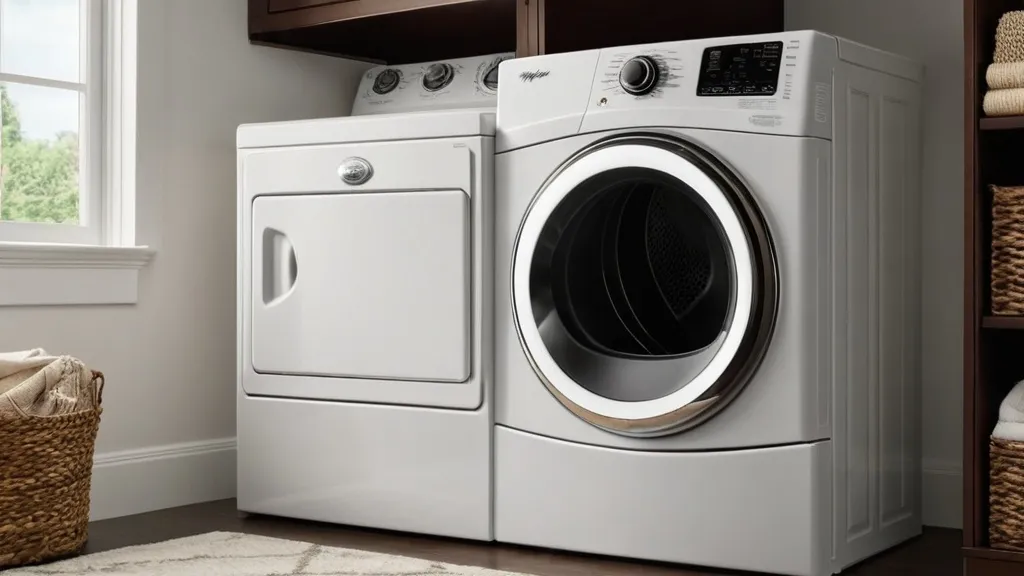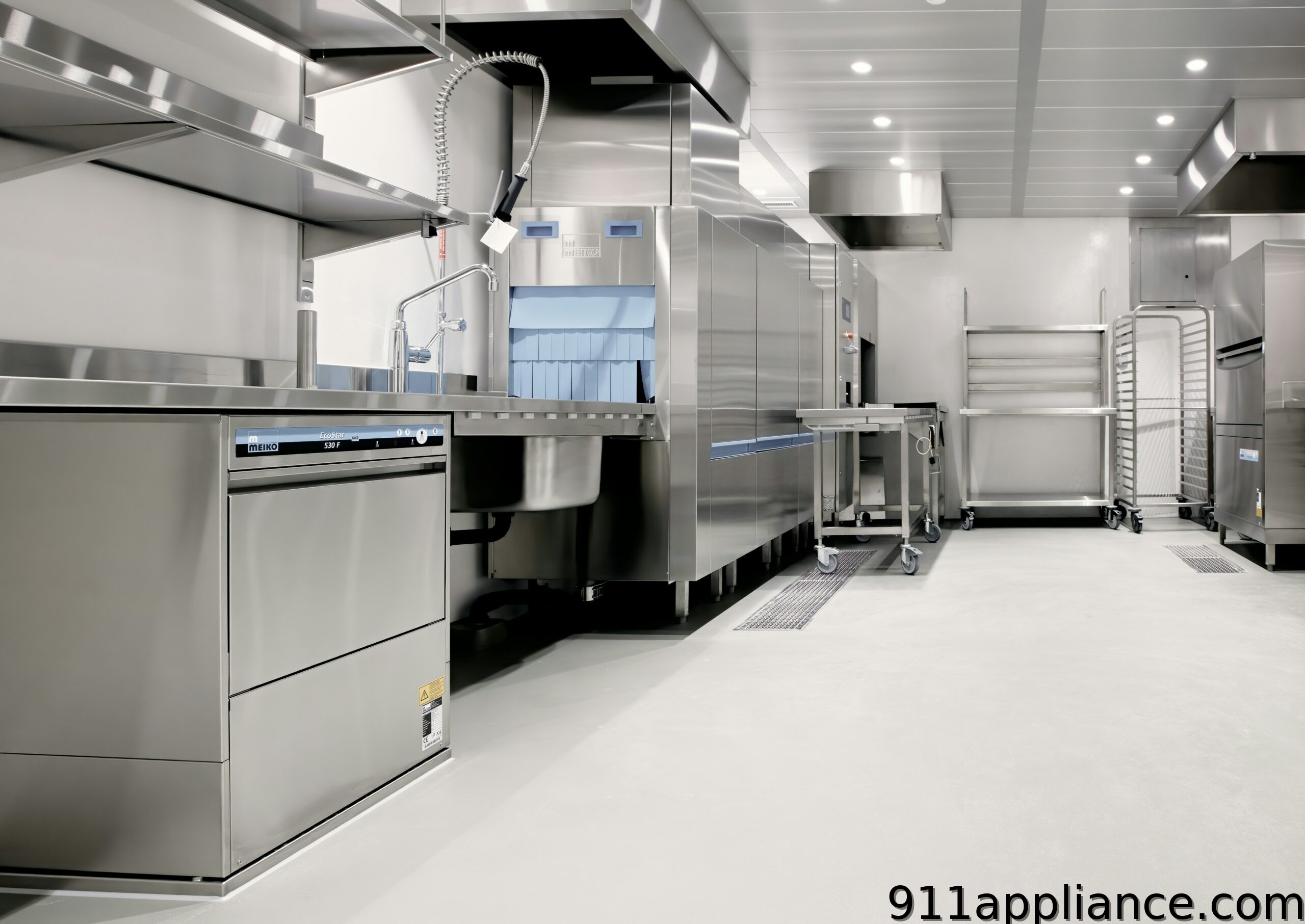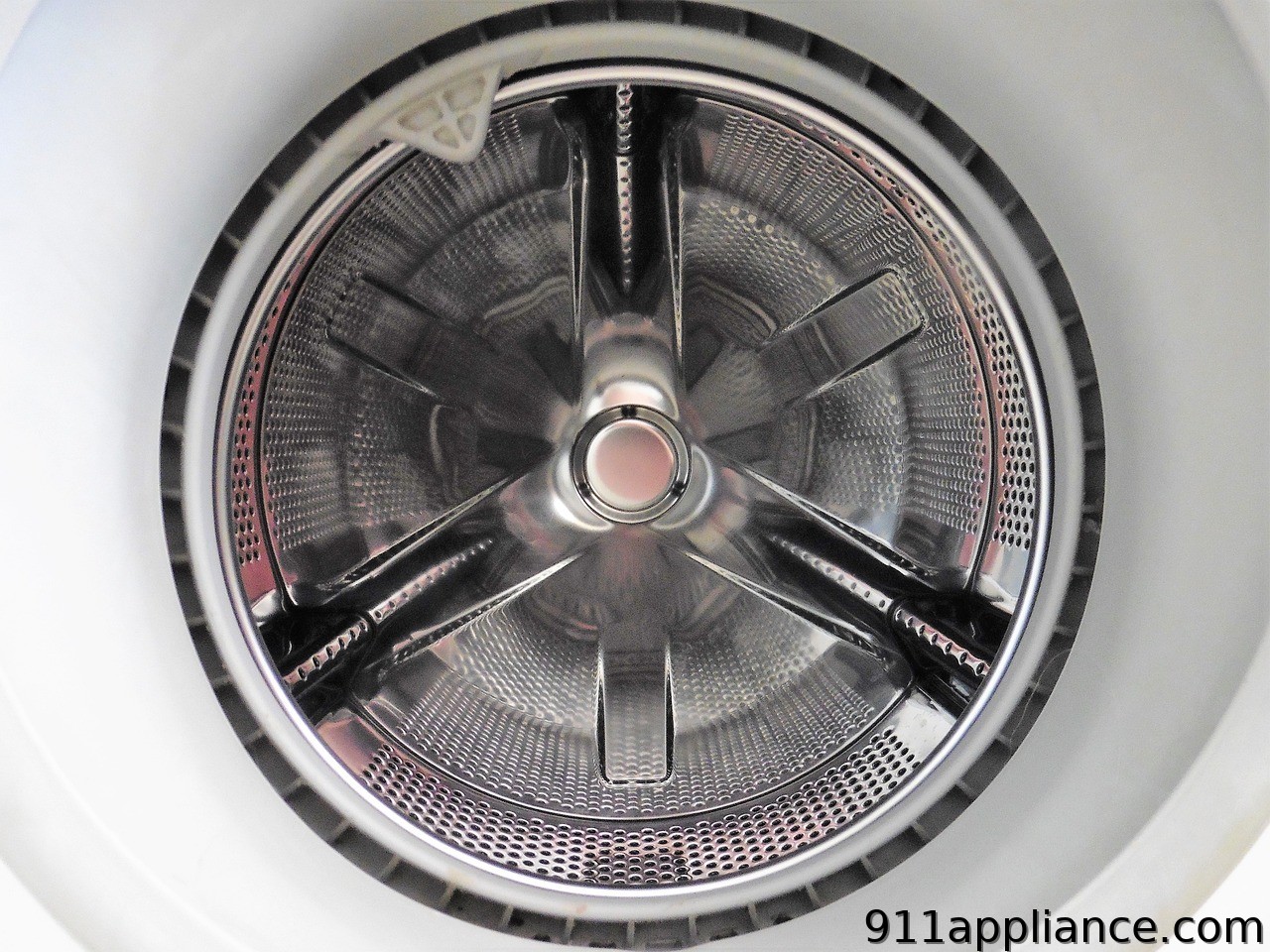Household appliances play a crucial role in our daily lives, making tasks easier and more convenient. From refrigerators to washing machines, these appliances have become an integral part of our homes. However, when these appliances malfunction or stop working properly, it can be frustrating and inconvenient. In this article, we will explore some common appliance issues and provide tips for troubleshooting and when to call a professional.
Table of Contents
- Key Takeaways
- Refrigerator not cooling properly
- Oven not heating evenly
- Dishwasher not cleaning dishes thoroughly
- Washing machine not spinning or draining
- Dryer not drying clothes completely
- Microwave not heating food
- Stove burners not igniting
- Freezer forming ice buildup
- Garbage disposal not working
- Air conditioner not cooling room effectively
- FAQs
- What are common appliance problems?
- How can I troubleshoot my appliance?
- When should I call a professional for appliance repair?
- How can I prevent appliance problems?
- What should I do if my appliance is under warranty?
Key Takeaways
- Refrigerator: Check the condenser coils and clean them regularly to ensure proper cooling.
- Oven: Use an oven thermometer to check the temperature and adjust accordingly. Also, make sure the oven door is properly sealed.
- Dishwasher: Clean the filter and spray arm regularly and use the correct amount of detergent.
- Washing machine: Check for clogs in the drain hose and clean the lint filter. Also, make sure the load is balanced.
- Dryer: Clean the lint filter after every use and check the vent for any blockages.
Refrigerator not cooling properly
One of the most common appliance issues is a refrigerator not cooling properly. There can be several potential causes for this problem, including a faulty thermostat, a malfunctioning compressor, or a blocked condenser coil. It is important to address this issue promptly to prevent food spoilage and waste.
If your refrigerator is not cooling properly, there are a few troubleshooting steps you can take before calling a professional. First, check the temperature settings to ensure they are set correctly. Next, clean the condenser coils to remove any dust or debris that may be blocking airflow. Additionally, make sure the door seals are intact and sealing properly.
If these troubleshooting steps do not resolve the issue, it is recommended to call a professional appliance repair technician. They will have the expertise and tools necessary to diagnose and fix the problem.
Oven not heating evenly
Another common appliance issue is an oven not heating evenly. This can result in undercooked or overcooked food, which can be frustrating and potentially unsafe. There are several potential causes for this problem, including a faulty heating element, a malfunctioning thermostat, or uneven distribution of heat within the oven.
To troubleshoot an oven that is not heating evenly, start by checking the heating element for any signs of damage or wear. If the heating element appears to be in good condition, you can try calibrating the oven temperature using an oven thermometer. Place the thermometer in the center of the oven and compare the reading to the set temperature. If there is a significant difference, you may need to recalibrate the oven.
If these troubleshooting steps do not resolve the issue, it is best to call a professional appliance repair technician. They will be able to accurately diagnose the problem and make the necessary repairs.
Dishwasher not cleaning dishes thoroughly
A dishwasher not cleaning dishes thoroughly can be a frustrating problem, as it defeats the purpose of having a dishwasher in the first place. There can be several potential causes for this issue, including a clogged spray arm, a malfunctioning pump, or a faulty detergent dispenser.
To troubleshoot a dishwasher that is not cleaning dishes thoroughly, start by checking the spray arm for any clogs or blockages. Remove any debris and ensure that the spray arm can rotate freely. Next, check the pump for any signs of damage or wear. If the pump is not functioning properly, it may need to be replaced.
If these troubleshooting steps do not resolve the issue, it is recommended to call a professional appliance repair technician. They will have the expertise and tools necessary to diagnose and fix the problem.
Washing machine not spinning or draining
A washing machine not spinning or draining can be a major inconvenience, as it prevents you from properly washing your clothes. There can be several potential causes for this issue, including a clogged drain hose, a faulty lid switch, or a malfunctioning motor.
To troubleshoot a washing machine that is not spinning or draining, start by checking the drain hose for any clogs or blockages. Remove any debris and ensure that the hose is properly connected. Next, check the lid switch to ensure it is functioning properly. If the lid switch is faulty, it may need to be replaced.
If these troubleshooting steps do not resolve the issue, it is best to call a professional appliance repair technician. They will be able to accurately diagnose the problem and make the necessary repairs.
Dryer not drying clothes completely

A dryer not drying clothes completely can be frustrating and time-consuming, as it requires multiple cycles to get your clothes dry. There can be several potential causes for this issue, including a clogged vent, a faulty heating element, or a malfunctioning thermostat.
To troubleshoot a dryer that is not drying clothes completely, start by checking the vent for any clogs or blockages. Remove any debris and ensure that the vent is properly connected. Next, check the heating element for any signs of damage or wear. If the heating element appears to be in good condition, you can try recalibrating the thermostat.
If these troubleshooting steps do not resolve the issue, it is recommended to call a professional appliance repair technician. They will have the expertise and tools necessary to diagnose and fix the problem.
Microwave not heating food
A microwave not heating food can be a frustrating problem, as it prevents you from quickly and easily preparing meals. There can be several potential causes for this issue, including a faulty magnetron, a malfunctioning high voltage diode, or a faulty door switch.
To troubleshoot a microwave that is not heating food, start by checking the magnetron for any signs of damage or wear. If the magnetron appears to be in good condition, you can try replacing the high voltage diode. Additionally, check the door switch to ensure it is functioning properly.
If these troubleshooting steps do not resolve the issue, it is best to call a professional appliance repair technician. They will be able to accurately diagnose the problem and make the necessary repairs.
Stove burners not igniting
Stove burners not igniting can be a frustrating problem, as it prevents you from cooking meals properly. There can be several potential causes for this issue, including a faulty ignition switch, a clogged burner port, or a malfunctioning spark module.
To troubleshoot stove burners that are not igniting, start by checking the ignition switch for any signs of damage or wear. If the ignition switch appears to be in good condition, you can try cleaning the burner ports to remove any debris or blockages. Additionally, check the spark module to ensure it is functioning properly.
If these troubleshooting steps do not resolve the issue, it is recommended to call a professional appliance repair technician. They will have the expertise and tools necessary to diagnose and fix the problem.
Freezer forming ice buildup
A freezer forming ice buildup can be a frustrating problem, as it can lead to food spoilage and energy waste. There can be several potential causes for this issue, including a faulty defrost timer, a malfunctioning defrost heater, or a blocked evaporator fan.
To troubleshoot a freezer that is forming ice buildup, start by checking the defrost timer for any signs of damage or wear. If the defrost timer appears to be in good condition, you can try manually defrosting the freezer to remove any ice buildup. Additionally, check the defrost heater and evaporator fan to ensure they are functioning properly.
If these troubleshooting steps do not resolve the issue, it is best to call a professional appliance repair technician. They will be able to accurately diagnose the problem and make the necessary repairs.
Garbage disposal not working
A garbage disposal not working can be a frustrating problem, as it can lead to clogs and foul odors in your kitchen sink. There can be several potential causes for this issue, including a jammed impeller, a faulty motor, or a tripped circuit breaker.
To troubleshoot a garbage disposal that is not working, start by checking for any obstructions in the disposal unit. Use tongs or pliers to remove any debris that may be causing a jam. Next, check the motor for any signs of damage or wear. If the motor appears to be in good condition, you can try resetting the circuit breaker.
If these troubleshooting steps do not resolve the issue, it is recommended to call a professional appliance repair technician. They will have the expertise and tools necessary to diagnose and fix the problem.
Air conditioner not cooling room effectively
An air conditioner not cooling a room effectively can be a frustrating problem, especially during hot summer months. There can be several potential causes for this issue, including a dirty air filter, a faulty compressor, or a refrigerant leak.
To troubleshoot an air conditioner that is not cooling a room effectively, start by checking the air filter for any signs of dirt or debris. If the air filter appears to be dirty, clean or replace it as necessary. Next, check the compressor for any signs of damage or wear. If the compressor is faulty, it may need to be replaced.
If these troubleshooting steps do not resolve the issue, it is best to call a professional appliance repair technician. They will be able to accurately diagnose the problem and make the necessary repairs.
In conclusion, promptly addressing appliance issues is crucial for our safety and convenience. Whether it’s a refrigerator not cooling properly or an air conditioner not cooling a room effectively, these problems can cause frustration and inconvenience in our daily lives. By following the troubleshooting tips provided and knowing when to call a professional appliance repair technician, we can ensure that our appliances are functioning properly and continue to make our lives easier. It is important to prioritize appliance maintenance and repair to prevent further damage and ensure our safety and convenience.
If you’re tired of dealing with common appliance problems, you’ll definitely want to check out this informative article on the 911 Appliance website. They have a blog section where they share valuable insights and tips to help you troubleshoot and fix various appliance issues. One article that caught my attention is their post on “How to Extend the Lifespan of Your Appliances.” It provides practical advice on maintenance routines and simple steps you can take to ensure your appliances last longer. Don’t miss out on this helpful resource! Read more here.
FAQs
What are common appliance problems?
Common appliance problems include malfunctioning motors, faulty thermostats, broken heating elements, clogged filters, and damaged electrical cords. In addition to repair issues, consumers often encounter common appliance shopping challenges, such as deciphering energy efficiency ratings and navigating warranty options. Limited availability of replacement parts can further complicate the decision-making process when selecting a new appliance. Understanding these factors is crucial for making an informed purchase that meets both budget and performance expectations. Additionally, evaluating appliance issue severity is essential for determining whether a repair or replacement is the best course of action. Consumers should assess the cost of potential repairs against the age and efficiency of the appliance to make a wise investment. Seeking expert opinions can also provide valuable insights into the longevity and maintenance of appliances, helping to avoid future problems.
How can I troubleshoot my appliance?
You can troubleshoot your appliance by checking the power source, cleaning the appliance, checking for any visible damage, and consulting the user manual for troubleshooting tips.
When should I call a professional for appliance repair?
You should call a professional for appliance repair if you are unsure of the problem, if the problem persists after troubleshooting, or if the repair requires specialized tools or knowledge.
How can I prevent appliance problems?
You can prevent appliance problems by regularly cleaning and maintaining your appliances, following the manufacturer’s instructions for use and care, and avoiding overloading or misusing your appliances.
What should I do if my appliance is under warranty?
If your appliance is under warranty, you should contact the manufacturer or authorized repair service for repairs or replacement. Be sure to have your warranty information and proof of purchase on hand.



